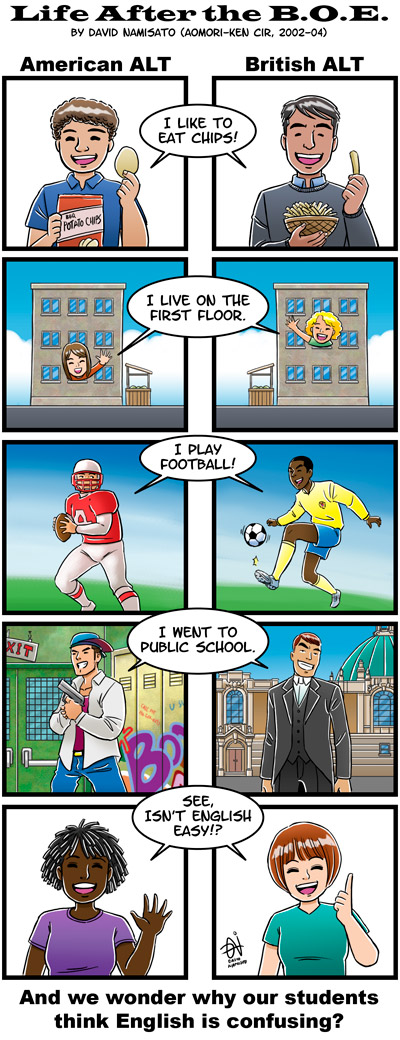Rinzei
 Troubadour
Troubadour
If person A said straight off "The restaurant last night was quite good" then they probably mean it was ok, but they're not gonna commit to saying it was great or anything. Anyone else is free to agree to varying degrees so it bypasses and potential awkwardness that would arise from having different opinions (which is rude)
Yes, that's it exactly! Difficult to try and explain that mannerism. There is almost a national tendency for politeness with opinions so as to not to offend anyone, even with mundane things like saying how good a restaurant was or not.

 Scribe
Scribe
 Myth Weaver
Myth Weaver Archmage
Archmage
 Auror
Auror